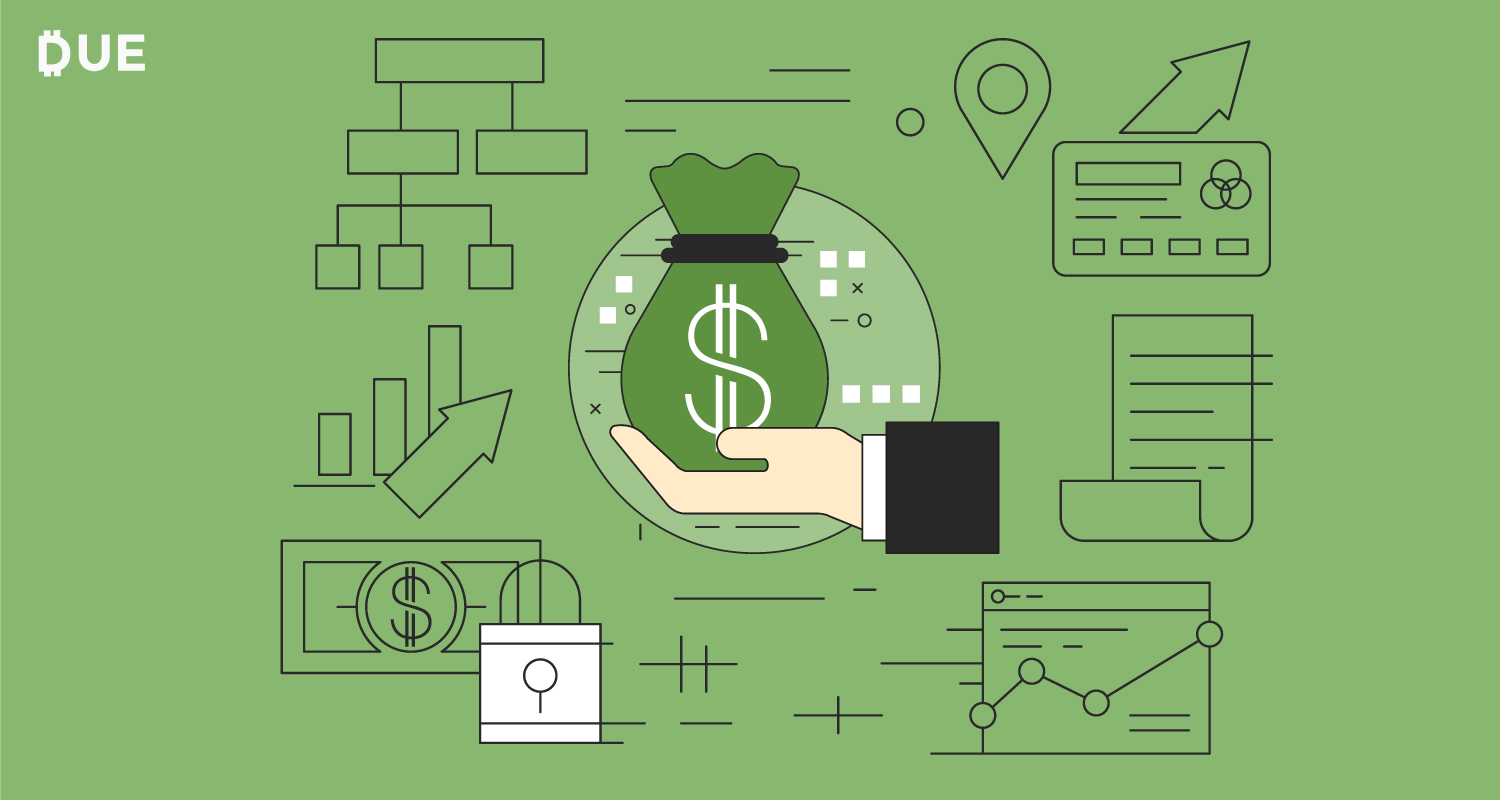Several months ago, you decided to buckle down and improve your financial habits. Maybe it was because you were tired of paying high-interest credit card payments each month or want to make home improvements. Perhaps COVID-19 opened your eyes to the importance of having an emergency fund. Or, maybe you were concerned about not having enough retirement contributions.
Whatever your reason, you were on point. And then, from out of nowhere, there was a setback. Whether it was because you made a mistake or an external force pulling strings, this one financial downturn has left you frustrated.
Even worse? You’ve been knocked off track from the financial habits that you worked so hard to follow daily. But, don’t despair. You can change that around by trying out the six following strategies.
Table of Contents
Toggle1. Grab a Kit-Kat bar.
You don’t literally have to buy a Kit-Kar bar — unless it’s a treat that you use to reward yourself. Instead, what I mean is to follow its motto and give yourself a break.
Whether you made a financial blunder or an external factor, it’s almost impossible for you to move forward when you’re drowning in negativity. By all means, learn and grow from the financial downturn. But don’t harp on it.
2. Diagnose the problem.
“If I had an hour to solve a problem, I’d spend 55 minutes thinking about the problem and 5 minutes thinking about solutions.” — Albert Einstein
After you’ve forgiven yourself and had time to get back to homeostasis, it’s time for a little reflection. Why? Because it’s going to allow you to identify the root cause of your financial woes.
For instance, maybe it was because you’re trying to keep with the Joneses, made poor investments, or couldn’t control your impulse buying. Other times it could be something entirely out of your hands, like a global pandemic.
When you diagnose the problem, you can then develop solutions. So, if you’re living above your means, create a budget and stick with it. You should also set and remind yourself of your priorities and goals to prevent overspending.
3. Focus on what you can work with.
“We waste so much time focusing on what is withheld from us,” writes James Clear.
Particularly, this happens — “after we slip up and get off track from our goals,” he explains. “Anytime we don’t do the things we want to do — start a business, eat healthily, go to the gym — we come up with excuses,” such as I don’t have enough money or I’m not sure what to do.”
Instead, Clear suggests that you change your mindset by thinking, “I can work with this.”
“Because you can,” he assures you. “The truth is that most of us start in the same place — no money, no resources, no contacts, no experience — but some people (the winners) choose to get started anyway.”
While it’s never easy, It’s not easy, “your life will be better if you choose to feel uncomfortable and make progress, rather than complain and make excuses,” he promises. “Shift your focus from what is withheld from you to what is available to you.”
“It’s rare that your circumstances prevent you from making any progress. You might not like where you have to start. Your progress might be slow and unsexy,” Clear concludes. “But you can work with this.”
For example, there are actions you can take right now to save money. It might not be much in the beginning. Over time though, it will add up. More importantly, these short-term wins can reignite that motivation to stick with your financial habits.
Go for the (small) win.
Some suggestions to get you back-on-track are:
- Committing to a zero spend day. Obviously, you need to still address essentials, like rent, insurance, or utility payments. However, you should put a freeze on all of your discretionary spendings for the day. It’s a simple way to replenish your savings while also helping you see where your money is going.
- Canceling just one thing. Take a look at your bank or credit card statements. Are there any memberships or subscriptions that you can cut? Like if you have cable, NetFlix, Hulu, and Disney +, you can definitely cancel one of them.
- Considering alternatives. If there are things that you really enjoy, like lattes, you don’t have to completely eliminate them from your life. You can, however, consider other ways to save money. A couple of ideas would be buying generic products and using coupons. You could also download apps that round-up your spare change. And, only say yes to things that you’re amped about — like going out to dinner to celebrate your BFF’s birthday.
4. Break the “rules.”
No. I’m not talking about doing anything illegal here. Instead, I’m discussing standard financial advice that experts say you should always follow through with.
Case in point, how you address your credit cards during emergencies like COVID-19. You’ve probably heard a million times always to pay more than the minimum payments or never carry a balance. And, never, and I mean, never, use your credit cards for an emergency.
In reality, sometimes these rules have to be tossed out the window — especially when trying to bounce back from a financial downturn. Take paying only the minimum amount due. If that’s all you can pay, it’s better then nothing. It won’t reduce your debt too much, but it will keep your credit in good standing.
The same is true if you don’t have the savings to handle an emergency. If you need your credit card to pay for essentials, such as groceries or medial costs, then so be it. It’s a better option than taking out a payday loan. And, once you get more financially stable, you can get back to reducing this debt.
5. Boost your willpower.
During the ’60s, a famous study known as the Marshmellow Experiment was conducted by Walter Mischel and his team at Stanford. Here hundreds of children around the ages of 4 and 5 years old were placed in a room given a treat (a cookie, a pretzel stick, or a marshmallow).
The catch was that they had two options. They could enjoy the treat immediately or wait for 15-minutes. If they waited, they would get a second treat.
The researchers found that the children who delayed gratification were healthier, received better grades, and more successful personally and professionally. Why? They’re able to harness their willpower to reach their goals.
The good news? You can also strengthen your willpower muscle by:
- Writing down your goals. Ideally, they should be SMART. And, you might want to keep them in a visible location so you can refer to them when you need to kickstart your motivation.
- Thinking positive. As Alfred said Bruce Wayne in Batman Begins, “Why do we fall, sir? So that we can learn to pick ourselves up.” Learn from your mistakes, make adjustments, and dust yourself off.
- Removing temptations. During your commute, go a different route that doesn’t lead you to your favorite coffee shop. Delete the emails you receive from stores. And, when going out in-person, leave your credit cards at home.
- Taking care of your health. When you’re hungry and tired, you’re more likely to make more flawed decisions. In fact, one study found that when blood glucose is low, it can cause you to lose control.
- Breaking-up your goals into smaller pieces. In other words, take baby steps when working towards a large goal. It’s the best way to keep you motivated since you can easily track your progress.
6. Set your sights back on the big picture.
While it’s laudable that you’ve got your short-term goals back-in-order, you also need to consider your long-term savings. After all, saving $20 a month is great. But, it’s not going to help you erase your debt, start your own business, or travel abroad.
A couple of ideas would be side hustling or earning a passive income. You could also ask for a raise, search for a higher paying job, or make some other temporary sacrifices. Examples could be getting a roommate or living more frugally until your finances are in better condition.
7. Ask for help.
Finally, don’t hesitate to get help. You could ask friends or family for advice. You might even see if they could help keep you accountable for healthy financial habits.
Even better? Get a financial advisor or planner. They can educate and guide you in creating and maintaining sound financial habits.

















